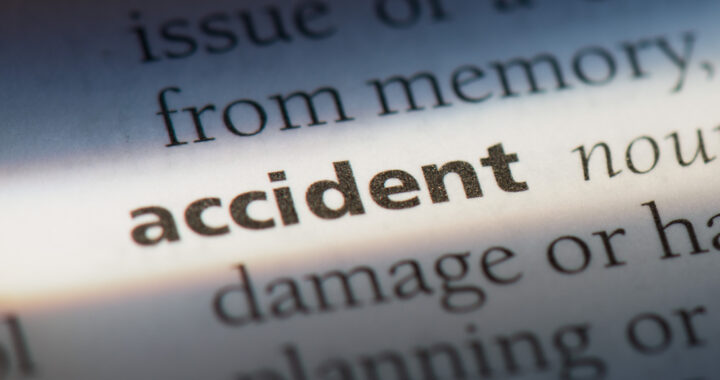There is nothing more scintillating than an insurance coverage dispute, right? Well, some folks would agree with this sentiment. Others would spit out their morning coffee in disagreement. Regardless of where you fall in the spectrum, they are always important because maintaining insurance is a NECESSARY part of business, particularly in the construction industry. The ideal is to have insurance that covers risks you are assuming in the performance of your work.
Sometimes, insurance coverage disputes provide valuable insight, even in disputes outside of Florida. Recently, the Western District of Kentucky in Westfield Insurance Co. v. Kentuckiana Commercial Concrete, LLC, 2023 WL 8650791 (W.D.KY 2023), involved such a dispute. While different than how Florida would treat the same issue, it’s still noteworthy because it sheds light into how other jurisdictions determine whether “faulty workmanship” constitutes an “occurrence” under a commercial general liability (CGL) policy.
In this case, the commercial general liability insurer of a subcontractor sued the subcontractor (insured) and the general contractor (additional insured) seeking a declaration that it had NO duty to defend either in a construction defect arbitration initiated by the owner of an apartment project. More specifically:
The allegations at issue here concern water damage [the owner] ascribes to faulty workmanship by [the general contractor] and [the subcontractor]. Asserting claims for negligence and breach of contract, [the owner] accused [the general contractor] of failing to complete theproject with “skill, care and diligence,” breaking its “promise to perform the work according to the Contract Documents,” breaching “its warrantyof defect-free Work,” breaking “its promise to supervise and to coordinate the Work using its ‘best skill and attention,’ ” and breaking “its promise to beresponsible for the acts, omissions and qualifications of its supervisors and Subcontractors in performing the Work. The engineer’s report enclosed with[the owner’s] initial arbitration demand concluded that damage occurred where [the general contractor’s] work “did not conform to the ConstructionDocuments, local ordinances and industry standard, was not workmanlike, and was negligent.” [The general contractor’s] arbitration demand against [the subcontractor], moreover, incorporates all the allegations from [the owner’s] original arbitration demand and ascribes them to [the subcontractor].
Westfield Ins. Co., supra, at *2 (internal citations omitted).
The fundamental issue is that under Kentucky law “faulty construction-related workmanship, standing alone, is not a fortuitous ‘occurrence’ under CGL policies including language similar to that at issue here.” Westfield Ins. Co., supra, at *2 (noting the CGL policy “defined occurrence as ‘an accident, including continued or repeated exposure to the same general harmful conditions.’”).
In this case, the trial court found that the CGL insurer had NO duty to defend the general contractor and subcontractor because “the alleged errors concern aspects of the project over which the general contractor and subcontractor exercised control over the work.” Westfield Ins. Co., supra, at *3.
In short, Kentucky law is clear that “faulty workmanship” does not ordinarily “constitut[e] an occurrence under a CGL policy” because the“ultimate liability falls to the on one who performed the negligent work … instead of the insurance carrier.” The allegations brought by [the owner] do not implicate events that were beyond the control of either [the general contractor] or [the subcontractor]. So neither the breach nor the faulty-workmanship allegations leveled against [the general contractor] and [subcontractor] constitute a fortuitous event amounting to an “occurrence” covered by the [CGL] insurance policy. To hold otherwise would essentially convert [the subcontractor’s] CGL coverage into a construction bond.
Westfield Ins. Co., supra, at 84 (internal citations omitted).
Now, while I don’t agree with this holding, this is the law in Kentucky, meaning a CGL policy does not provide the preferred (and, really, necessary) coverage for faulty workmanship. Does your CGL policy provide coverage for faulty workmanship? Or, does faulty workmanship constitute an occurrence under your CGL policy? If you do not know the answer to these questions, make sure to find out!
Please contact David Adelstein at dadelstein@gmail.com or (954) 361-4720 if you have questions or would like more information regarding this article. You can follow David Adelstein on Twitter @DavidAdelstein1.

